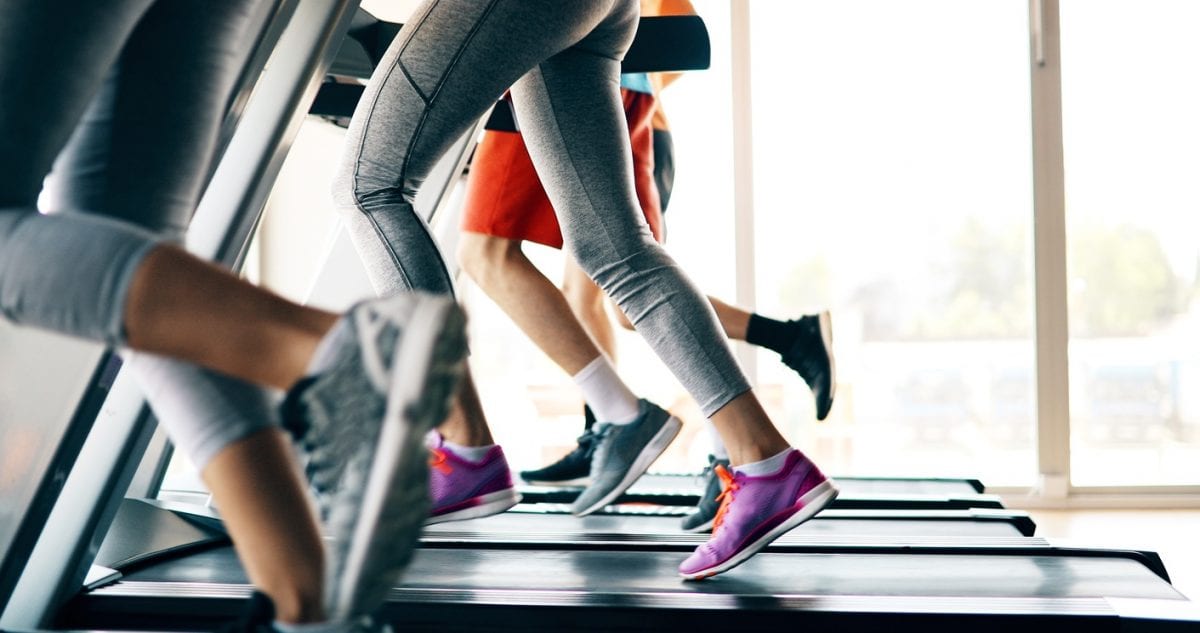“When can I start exercising again?” is the question Dr. Vick Chahal from Calgary Plastic Surgery Center receives from many patients. However, the advice given is generally the same—although it’s good to have an active lifestyle by hitting the gym, you need to let your body rest enough after surgery.
When to start exercising?
How long do you need to wait after your surgery to be able to work on your physical fitness? The following is guidance to your recovery according to the surgery performed:
After liposuction: After a liposuction procedure, you may start exercising lightly by the third week. However, ensure your activity is as minimal as possible. Depending on the area where liposuction was done, the swelling may affect your movements.
Therefore, make sure you avoid putting pressure on such areas of your body. By week five, the swelling has reduced enough while your body has healed to allow you to include demanding workouts into your routine.
After breast augmentation: After breast implantation, over-stressing your torso during the first four weeks is a complete no. This is because breast implants are usually placed under the pectoralis major muscle.
Therefore, pressure on your back and chest should be avoided. However, your doctor might recommend light activities that target your lower body. If you are recovering well, you may begin exercising your arms and chest after a four-week mark.
After a facelift: After a facelift, you should avoid doing any cardio or anything that increases your blood pressure. It is important to wait until you are four weeks of your recovery. Your exercise may resume between four to six weeks of your recovery and ensure to follow your doctor’s instructions in regard to any workout to avoid any unwanted complications.
Tips For Exercising Post-Surgery
The following tips will help you bring exercise back into your routine after surgery:
1) Listen to your doctor and follow your post-surgery instruction. The most important thing to a quick recovery is following your post-surgery instructions carefully.
2) Listen to your body and start slowly. Once you have the go-ahead to exercise from your doctor, listen to your body so that you leave any exercise that causes discomfort or pain immediately. It might feel frustrating when you have to struggle with an exercise that was easy before your surgery.
However, persistence and patience will make you achieve your strength.
Strenuous or vigorous exercises may lead to fluid build-up, swelling, wound separation, bruising, and chances of infections. This may be harmful to your healing process and may pose a negative impact on the final result of your surgery.
3) Wear a supportive garment. Women must wear a supportive, good quality sports bra after breast surgery. This is because breasts are subjective to gravity regardless of the surgery. Patients who have undergone a post-weight loss or tummy tuck may be advised to wear a specialized compression garment during workouts.
4) Rest more than usual. Resting is an important component of any exercise regime but is more important following surgery. Having more rest days than you would before surgery will ensure that your body has enough time to relax and recover from your exercise. As you heal you will be able to slowly cut down your rest days and exercise more.
5) Consider physiotherapy to help you heal faster. Physiotherapy can be an invaluable tool to a speedy recovery for both pre and post-surgery especially if you are undergoing a major procedure such as mummy makeover or tummy tuck.
Strengthening and stretching can help teach your muscles to work correctly after your surgery and in turn, help you to return to work, exercise, sport, or gardening on time.
Final Takeaway
Exercising improves both your mental health and mood but it doesn’t mean you need to hit the gym the next day after surgery. In any case, you should avoid any activity first within 48hours after surgery.
Depending on how your body is responding and your health, your doctor may let you start light exercises in the first two weeks after surgery. However, do not overwork but rather take care of your whole body.








